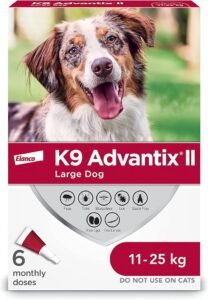The Annual Wellness Visit
As the old saying goes, prevention is the best medicine. Scheduling a yearly checkup with your vet is the best way to keep your pet in peak health. It may be tempting to skip these annual visits if your dog or cat seems active and happy, but many diseases and conditions are not easily detected. Animals – and cats in particular – are very good at hiding symptoms or signs of pain as a defensive measure, so often, problems such as high blood pressure, heart murmurs, or even internal injury may not be apparent to the naked eye. These visits are also a good opportunity for you to check-in with your vet about any non-urgent questions you may have regarding your pet, such as behavioural or dietary issues.
An Annual Dental Checkup
Small dogs and cats are especially vulnerable to dental disease and other problems. For example, cats are particularly prone to tooth resorption, which often can only be detected in an X-ray. For the other 12 months of the year, get into a daily teeth-cleaning routine with your pet to prevent dental problems and keep breath smelling fresh. For small dog breeds, consider scheduling a dental checkup every six months rather than 12.
Vaccinations
While puppies and kittens require more frequent vaccinations and booster shots, most adult dogs and cats will only need their vaccinations updated every one to three years. Most core vaccinations (rabies, distemper, hepatitis, etc) can be administered every three years, but check with your vet; if you live in a high-risk area for certain diseases such as bordatella (kennel cough) or leptospirosis, your pet may need additional yearly shots.
Most importantly, you should speak with your vet to determine what kind of vaccinations your pet may need depending on where you live and what kind of lifestyle you lead.
Registration Renewals
Something many pet owners may overlook is renewing registration with useful services, such as a lost-pet database, such as HelpingLostPets.com, or other local pet associations. These organizations can be valuable resources for pet owners, but they often require an annual renewal in order to remain listed.
On a similar note, consider setting yourself an annual reminder to update your pet’s collar ID tag or microchip information. This information could prove vital if your pet manages to get lost, but is only useful if your contact information is correct.











